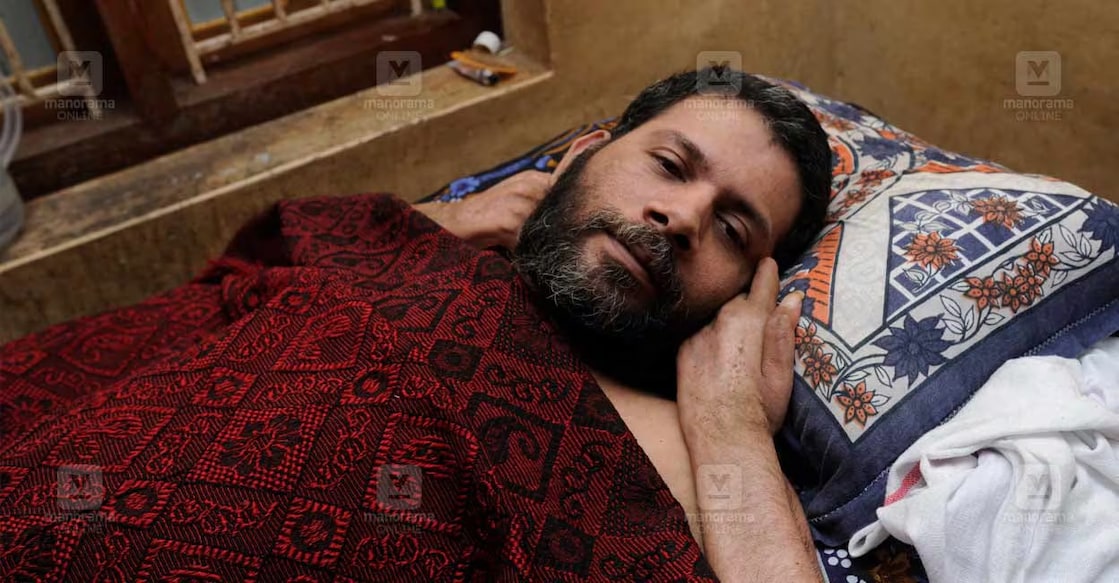Comrade Pushpan, a figure of reverence for CPM leaders

Mail This Article
Panoor: The house of DYFI activist Pushpan, who received bullet injuries in the Koothuparamba police firing of 1994 and was bedridden until his demise at the age of 54 on Saturday, has been a pilgrimage site for CPM leaders as well as workers.
There were very few party leaders in Kerala who did not visit the house at Menapram in the Kannur district of Kerala. In fact, all CPM leaders, including Chief Ministers, met Pushpan before they took over their posts.
As a member of the DYFI, the youth wing of the CPM, Pushpan had actively taken part in the protest against the then UDF government’s self-financing education policy. On November 25, 1994, the then Minister for Cooperatives, the late M V Raghavan, arrived in Koothuparamba to inaugurate an evening branch of the cooperative urban society.
When the DYFI activists blocked Raghavan’s vehicle waving black flags, the police fired at them, resulting in the death of five of the workers. Those who lost their lives were Roshan of Naravoor, Koothuparamba; Madhu of Kodiyeri; Babu of Kunduchira; Shibulal of Arayakkool; and Rajeevan of Panoor.
Pushpan of Puthukudy, Chokli, who was 24 at that time, was injured in the firing. A bullet had entered his neck and exited by damaging the spinal cord. The injury paralysed Pushpan and he was bedridden for the last 30 years. However, all this time, his party and fellow comrades extended all support to Pushpan.
The DYFI state committee built a new home for Pushpan near his ancestral house and treatment facilities were arranged by constituting a special medical team at Kozhikode Medical College.
Party workers were deputed all the time to take care of Pushpan. Moreover, Pushpan’s brother Prakashan was appointed to a suitable post in the Revenue Department during V S Achuthanandan’s term as Chief Minister.

